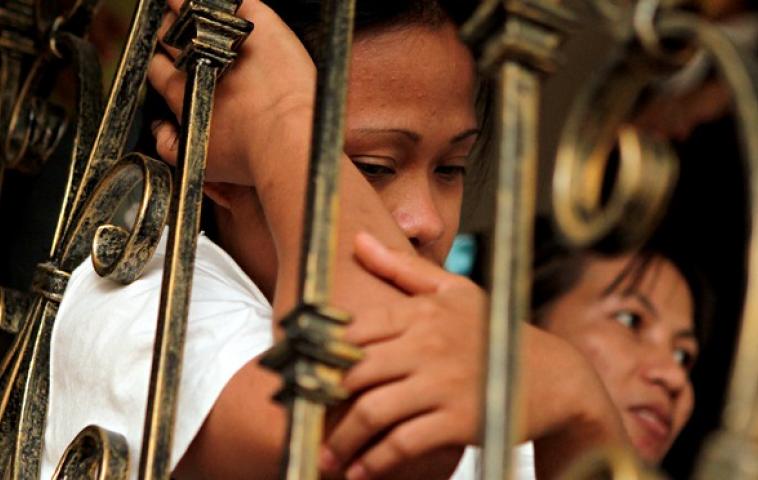On June 20, ADHRB associate Amanda Milani delivered an oral intervention at the 32nd session of the United Nations Human Rights Council in Geneva under Item 3. Please continue reading for full remarks or click here to download a PDF.
Madam Rapporteur,
Americans for Democracy & Human Rights in Bahrain, together with the Bahrain Institute for Rights & Democracy, would like to call the Council’s attention to the continued violence faced by female domestic migrant workers around the world. The Gulf region is particularly illustrative of the several forms of abuses endured by these women.
Domestic workers are totally unprotected under the labor laws of Qatar and the United Arab Emirates, and receive minimal protection in Bahrain, Kuwait and Saudi Arabia. They work long hours with few, if any, days of rest. Working in personal homes isolates them and makes it difficult for them to report physical and sexual abuse. Multiple accounts of employers raping domestic workers have been documented, with employers too often escaping legal accountability due to the law’s vilification of female rape victims. In Saudi Arabia, for example, female victims of rape may be subjected to corporal punishment, including lashings, and in most extreme cases, even death.
Some women try to flee these abusive working conditions. However, due to the kafala system, they are unable to obtain exit visas to leave the country. Often without a passport or financial resources, and without the means to contact their family members about their situation, they struggle to access diplomatic or legal assistance. Those who leave employers are also vulnerable to sexual exploitation and in some cases are forced into prostitution.
Madam Rapporteur, given these several examples of violence against female domestic workers in the Gulf, we ask: What steps would you recommend States to take to ensure a safe working environment for female domestic workers?
Thank you.





